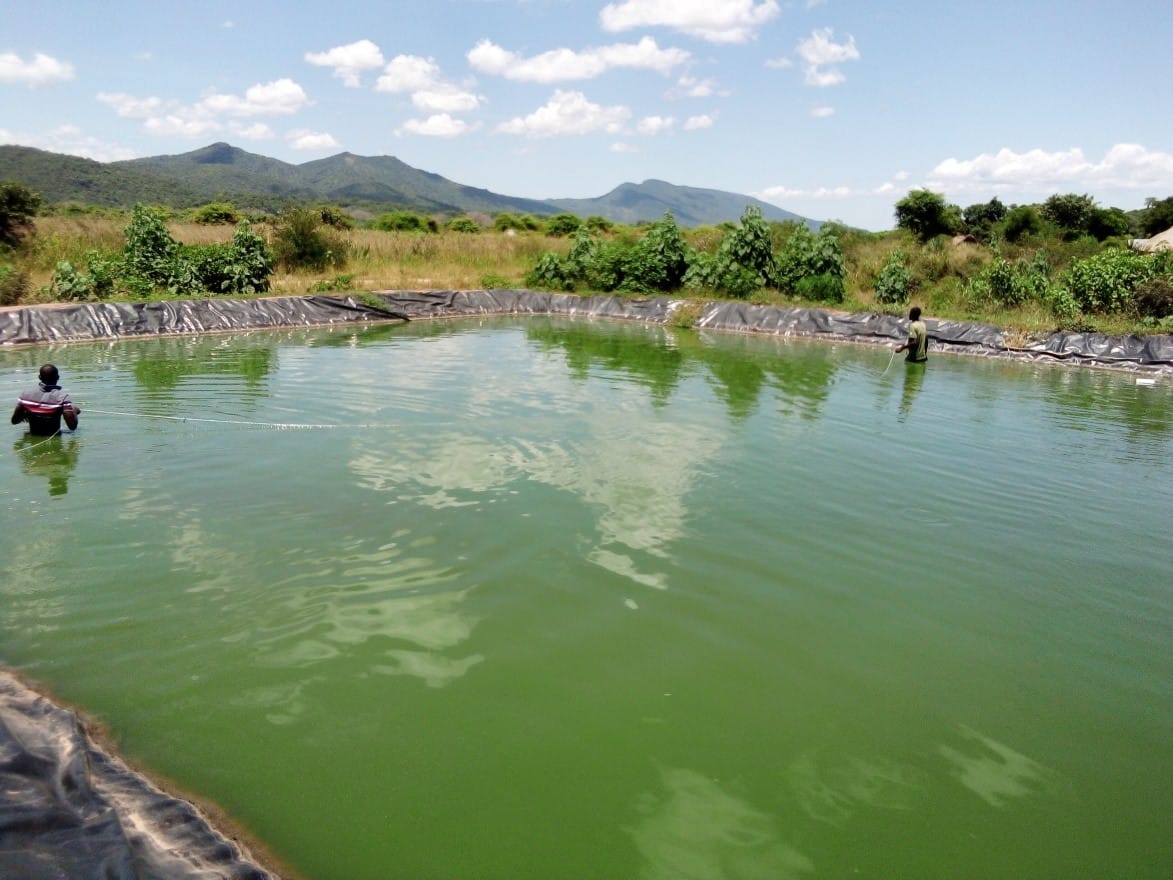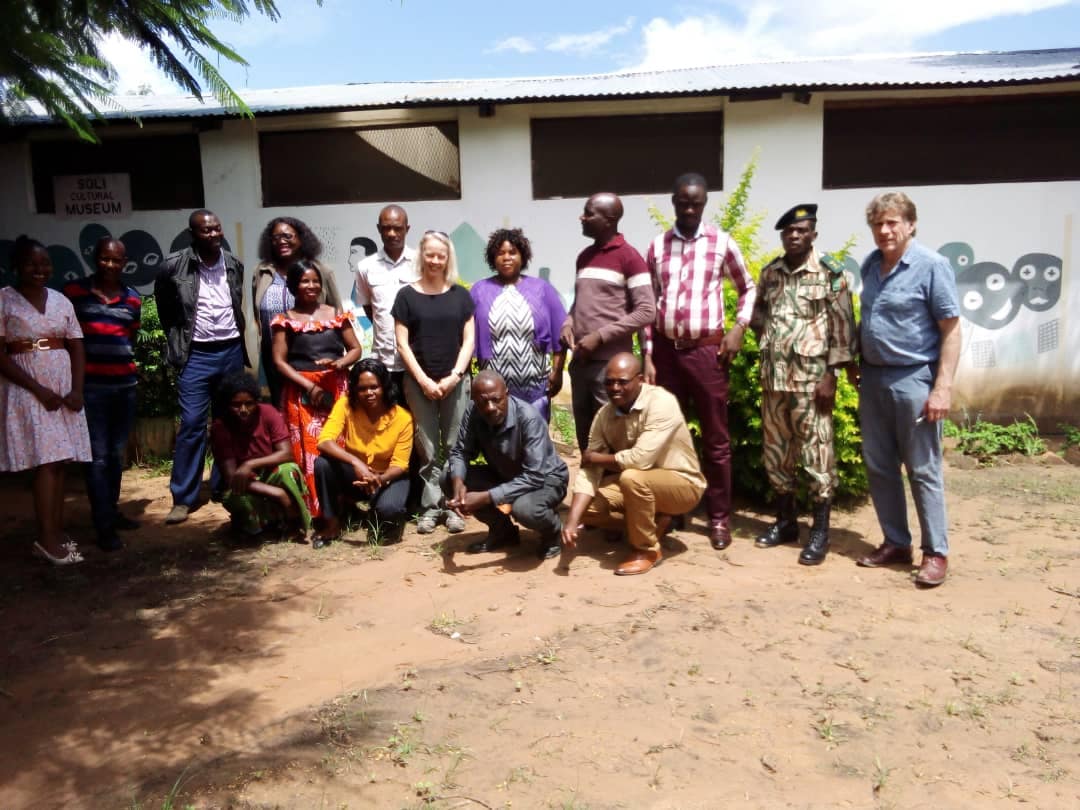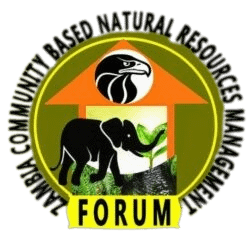IMPACTS OF THE ZCBNRM FORUM WORKS.
Since 2005 we have represented the Various Communities, Civil Society Organizations that are interested in the Promotion of Sustainable livelihoods and Poverty Reduction through Community Based Natural Resources Management.
The Forum believes in Sustainable Development challenges that must come from Bottom up be grounded with context from the community inclusiveness and local owned evidence owned and drive by the indigenous people.
As the Forum we have been pioneers of rural development and good governance by spearheading the stakeholders participatory of governance in natural resources with a bigger voice of the Traditional Leaders.
Restoring natural resources based on sustainable livelihood and Enterprises with environmental management measures which are nature based solutions may build resilience against the negative impacts of Climate change and its devastating effects to the all-natural resources and in turn up lift economies and provide business opportunities to the local people enhancing livelihoods) which are ventures that can be exploited to support biodiversity utilization, conservation and equitable benefit sharing from derived resources ,Ecological sustainable livelihood activities and dual potential of conservation and income generation to the local communities.

Fish Ponds in Mburuma Chiefdom to diversify income activities of the community(Photo by Cecilia Banda ZCBNRMF)
Promote and Advocate for Sustainable Livelihoods reduce the prevalence of activities deemed to be environmentally damaging by substituting them with Lower impact livelihood activities such as horticulture, bee keeping,fish farming,vegetable gardening,green manuring,small animal rearing that provide atleast equivalent benefits to the right holders /communities over their pool resources. Among the key Livelihood Activities was the Fish Framing Project that was implemented in Conjunction with Actionaid of which Fish Pond where constructed in Rufunsa Game Management Areas CRBs of Mphuka and Mburuma Chiefdoms as Fish Framing Ventures.
The ZCBNRM Forum has engaged the Communities in understanding and addressing the The Illegal Wildlife Trades has negatively impacted Zambia’s natural resources and local communities that might otherwise benefit from tourism or legal and sustainable trade. Because of these adverse effects, reducing illegal off-take of wildlife products has become one of the main global policy agendas for protecting loss of biodiversity. Many projects have focused on law enforcement, antipoaching and with few on community engagement who are drivers of change. It is with desire that the Zambia CBNRM forum together with IIED thought it worthy to engage communities as first line of defence by designing a project on Learning and action platform for community engagement against illegal wildlife trade.
Forest and Landscape Restoration Programs have been on top the Agenda, this is demonstrated in the FLR Project actively implemented in the Western Province of Zambia as a key core to restore, rehabilitate and help regeneration of Landscapes with a key engagement of the Local Traditional Leaders.

Law Enforcement Training in Mumbwa GMA(Photo by Charles Miti )
The ZCBNRM Forum has engaged the Communities in understanding and addressing the The Illegal Wildlife Trades has negatively impacted Zambia’s natural resources and local communities that might otherwise benefit from tourism or legal and sustainable trade. Because of these adverse effects, reducing illegal off-take of wildlife products has become one of the main global policy agendas for protecting loss of biodiversity. Many projects have focused on law enforcement, antipoaching and with few on community engagement who are drivers of change. It is with desire that the Zambia CBNRM forum together with IIED thought it worthy to engage communities as first line of defence by designing a project on Learning and action platform for community engagement against illegal wildlife trade.
Forest and Landscape Restoration Programs have been on top the Agenda, this is demonstrated in the FLR Project actively implemented in the Western Province of Zambia as a key core to restore, rehabilitate and help regeneration of Landscapes with a key engagement of the Local Traditional Leaders.

Lower Luano GND, Rufunsa GMA Collaborative Meetings
